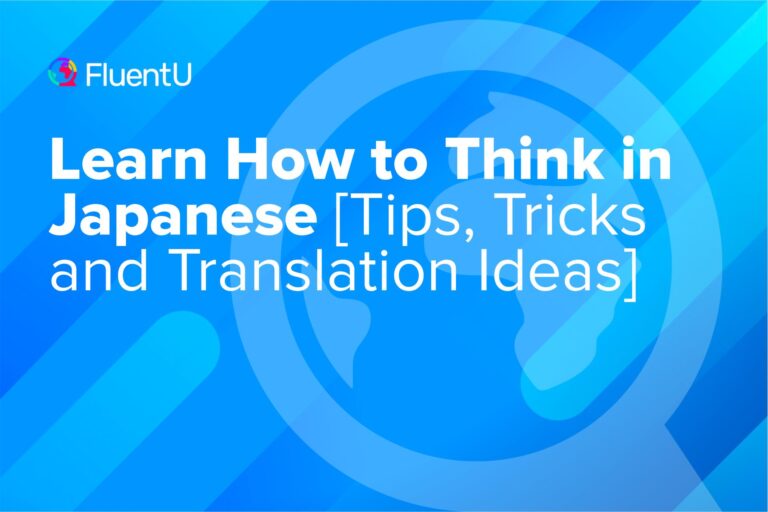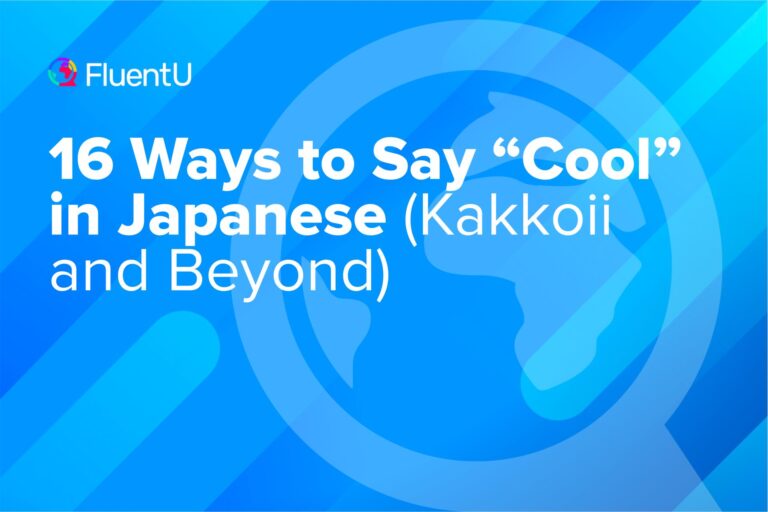Ways to Say “I Miss You” in Japanese in Different Contexts

They say absence makes the heart grow fonder. That’s why there are so many different levels of expressing that you miss someone.
Whether it’s a simple longing for a friend’s presence or a heartfelt expression to reunite with your significant other, learn how to say “I miss you” in Japanese plus 22 useful words and expressions for expressing your longing.
Download: This blog post is available as a convenient and portable PDF that you can take anywhere. Click here to get a copy. (Download)
Main Ways of Saying “I Miss You” in Japanese
会いたい (Aitai)
Aitai is a straightforward way to say “I want to see you” or “I want to meet.” It’s a common and direct way to convey the feeling of missing someone. Here are some variations on how to use it:
- 会いたいな (Aitai na) — “I want to see you”
- お会いしたい
(o-ai shitai) — “I want to see you”
This is is a more formal and respectful way to express the desire to see someone.
- あなたに会いたい (Anata ni aitai) — “I want to meet you”
- 会いたくてたまらない
(Aitakute tamaranai) “I can’t bear not seeing you.”
This is an intense expression of longing and is typically used in romantic contexts.
- 会いたさに ( Aitasani
) — “Because I miss you”
Expresses the yearning to meet someone in a slightly poetic way.
- もう一度会いたい (Mouichido aitai) — “I want to see you again”
- 会いたくてしょうがない (Aitakute shouganai) — “I can’t bear how much I want to see you”
- 会いたくなりました (Aitaku narimashita) — “I’ve started to miss you”
寂しい (Sabishii)
Sabishii literally translates to “lonely.” While not an explicit way to say “I miss you,” it conveys the feeling of missing someone by expressing a sense of loneliness.
- あなたがいなくて寂しい (Anata ga inakute sabishii) — “I’m lonely without you”
- あなたの不在を感じています (Anata no fuzai o kanjiteimasu) — “I feel your absence”
- 寂しくなる
(Sabishiku naru) — “I become lonely”
This is used to describe the feeling of missing someone that gradually grows within oneself.
- あなたのことを思うと寂しいです (Anata no koto o omouto sabishii desu) — “I’m lonely thinking about you”
恋しい (Koishii)
- 君のことが恋しい
(Kimi no koto ga koishii) — “I long for you”
This phrase emphasizes the specific person being missed.
- 恋しくてたまらない (Koishikute tamaranai) — “I miss you so much it’s unbearable”
- あなたの存在が恋しい
(Anata no sonzai ga koishii) — “I miss your presence”
This phrase goes beyond missing the person themselves and highlights the longing for their very being or their role in your life.
- 君が恋しい
(Kimi ga koishii) — “I long for you”
Expresses a deep yearning for someone. It’s more romantic and emotionally charged, often used in relationships to convey a strong feeling of missing the person.
- 恋しい気持ち (Koishii kimochi) — “Feelings of missing you” / “longing emotions”
Cultural Context
In Japanese culture, expressing deep emotions like “I miss you” is often nuanced and can vary significantly based on your relationship and the context. There are a couple of cultural aspects to keep in mind before you shower your loved ones with these heartfelt expressions:
- Indirectness: Japanese culture traditionally values indirect communication, especially regarding emotions. Expressing “I miss you” directly might not be as common as in some Western cultures. Instead, individuals might convey this feeling through actions, gestures or non-verbal cues.
- Intimacy: Expressing deep emotions is typically reserved for more intimate relationships or private settings. Japanese society often places a high value on subtlety and restraint in public or formal interactions.
- Relationship dynamics: Politeness and respect are integral to Japanese communication. The context of the relationship greatly influences how you might express missing someone. For example, between friends or family, a more casual phrase might be used, whereas in romantic relationships, more intimate or emotionally charged expressions might be common.
So how much do you miss your friends and loved ones? Now you have all the vocabulary you need to tell anyone you miss them in Japanese!
And One More Thing...
If you love learning Japanese with authentic materials, then I should also tell you more about FluentU.
FluentU naturally and gradually eases you into learning Japanese language and culture. You'll learn real Japanese as it's spoken in real life.
FluentU has a broad range of contemporary videos as you'll see below:

FluentU makes these native Japanese videos approachable through interactive transcripts. Tap on any word to look it up instantly.

All definitions have multiple examples, and they're written for Japanese learners like you. Tap to add words you'd like to review to a vocab list.

And FluentU has a learn mode which turns every video into a language learning lesson. You can always swipe left or right to see more examples.

The best part? FluentU keeps track of your vocabulary, and gives you extra practice with difficult words. It'll even remind you when it’s time to review what you’ve learned. You'll have a 100% personalized experience.
Start using the FluentU website on your computer or tablet or, better yet, download the FluentU app from the iTunes or Google Play store. Click here to take advantage of our current sale! (Expires at the end of this month.)








